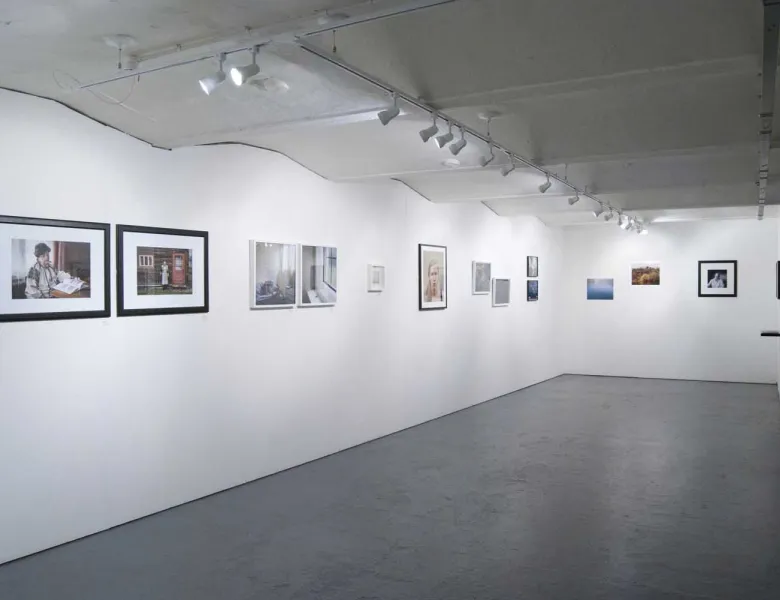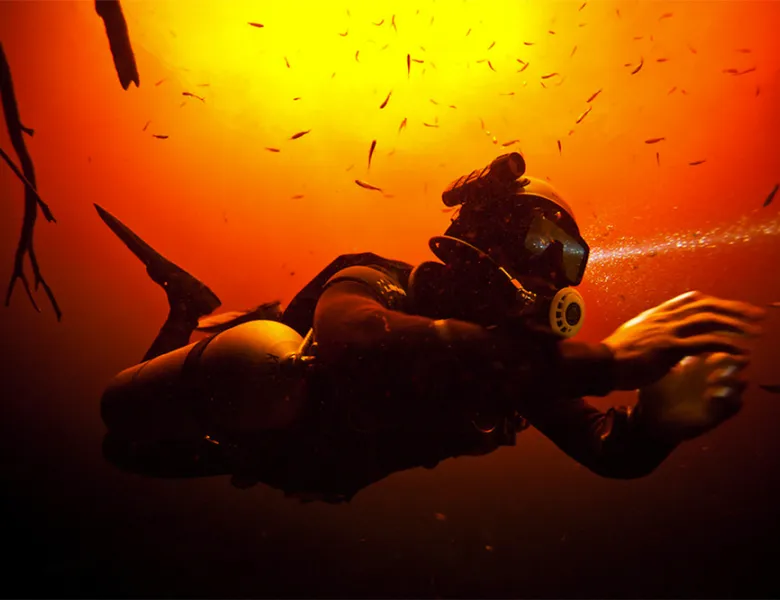Interview - Aristide Economopoulos
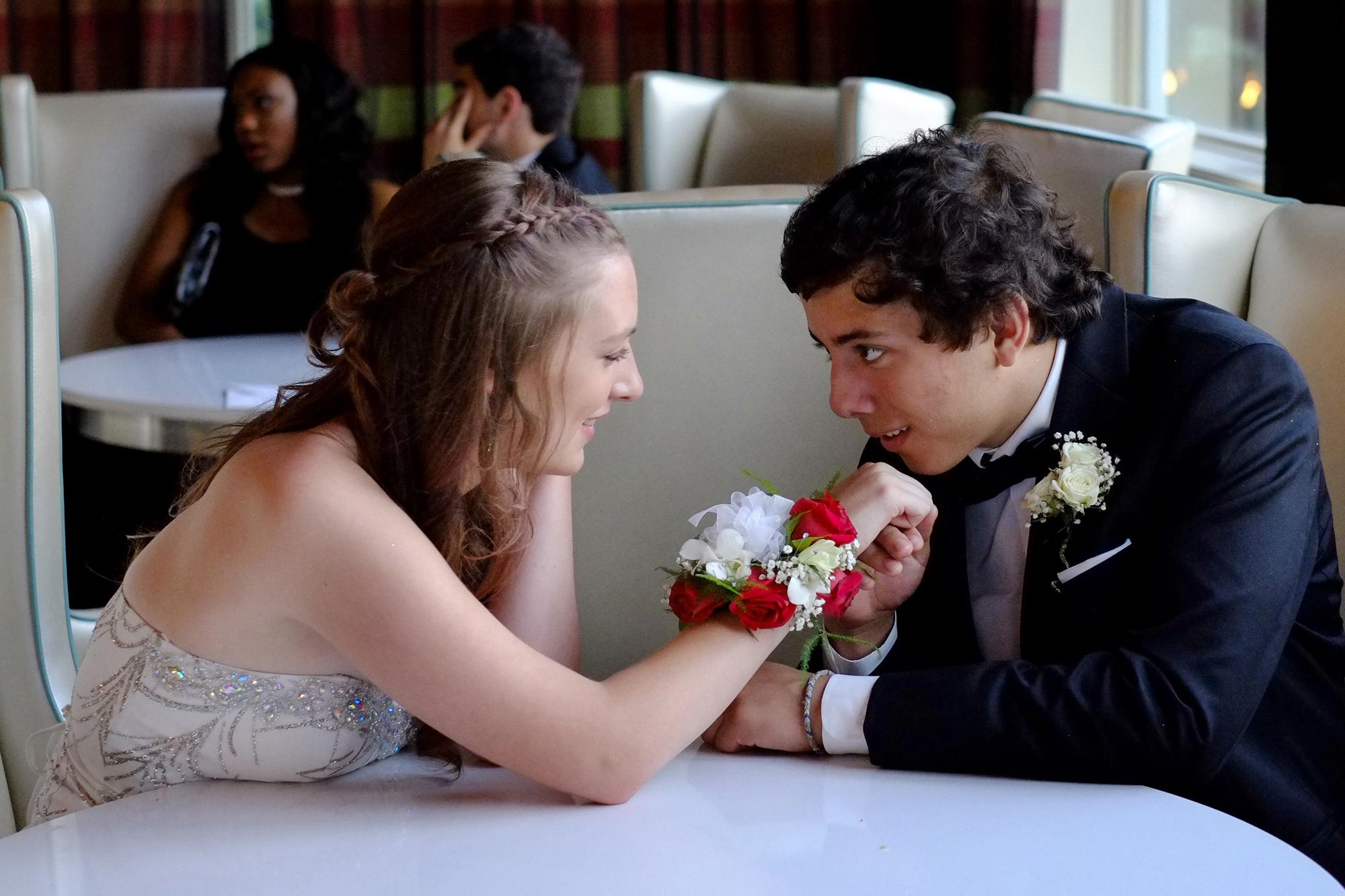
Congratulations on winning in the Professional Arts & Culture category of the 2015 Sony World Photography Awards. Tell us a little about yourself; when and why did you become a photographer?
Thank you! It is a very nice honor for my work to be recognised.
I got hooked on photography during my first high school photography class. After learning that I could possibly make a living doing something I loved I attended college at the Rochester Institute of Technology studying photojournalism. Upon graduation I freelanced near where I grew up in Washington DC and then took a staff job at the Dubois County Herald, in Jasper, Indiana and then at The State-Journal Register in Springfield, IL. After working at those two small daily papers I took a staff job at The Star-Ledger newspaper just outside of New York City. I’m still working there and now we have changed our name to NJ Advance Media. I enjoy the combination of being an artist and journalist and being able to tell stories visually to our readership.
How did you find yourself photographing prom night?
As a staff photographer we cover a number of proms in our community every year. I think I photographed 6 proms last year and this portfolio was made from 4 of those proms. The photos are from a collection of schools located in suburban and urban communities.
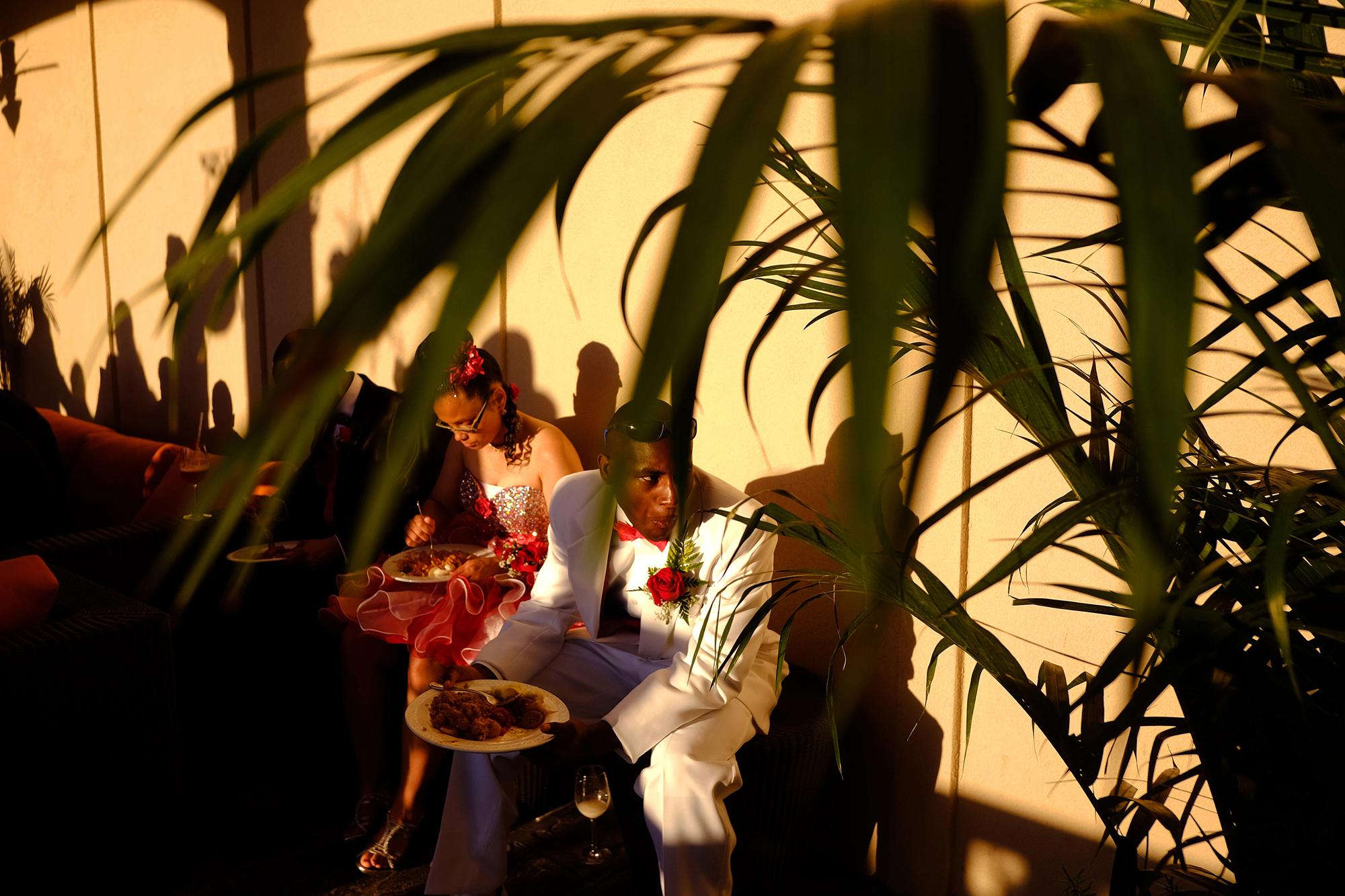
There's a real beginning, middle and end to the series - you have captured excitement, elation, and then finally, exhaustion. Talk us through your photographic approach to the series.
I edited the essay chronologically because it seemed that the photos came across the best that way. I wanted to document the highs and lows of the night where there is a lot of drama in such a short amount of time. Like you mentioned I looked for photos that had certain themes that were symbolic to what a prom is like. Energy, love, fashion, celebration, elation, to exhaustion and disappointment are some of the ideas I was going with. I always go into my assignments with an open mind of what the story is but it is also good to have an idea of what you want to say with your photos. A problem I had as a young photographer is that I would shoot a lot of photos on a subject and then try to edit a story. I learned the hard way that although I might have some nice images, the story was fragmented because I didn’t have a point of view in mind while I was taking the photos.
Prom night can feel like a seminal event in our lives - at least at the time, and perhaps more so in the US than anywhere else. Did you get a sense of how important the night was for those involved?
Prom is a rite of passage for these students. They are teenagers but this dance and their high school graduation symbolically marks the end of their youth moving into adulthood. You do feel being there that there is this energy and excitement for this special night that will only happen once for a high school senior. One thing I thought was interesting is that you can’t tell what social or economic background the teenagers are from because everyone there was looking their best for that special night. For some students, this was their highlight since they won’t be attending college so this and their high school graduation are their symbolic start to their adulthood.
How did these young adults react to the camera and your presence as a photographer during the night?
At first they were curious and wanted to pose for me. This is the selfie generation and I had to tell them numerous times that I wanted natural photos of them just enjoying the night. Once they understood what I was doing though, they quickly started to ignore me and I became the fly on the wall - but hopefully not the fly you want to swat!
Do you have a favourite image from the prom series, and why?
I like the photo of the 3 students dancing together where there is a lot of energy in the photo and they are all layered together in the frame. It also shows the diversity of the students at Bloomfield High School.
You are a 5-time Photographer of the Year with the The New York Press Photographers Association, and the only photographer in its history to win more than twice. To what do you attribute such extraordinary success?
I thrive on trying to constantly produce good work even from the most mundane assignments. One should never take for granted an assignment because for that subject you are photographing, that photo of them might be their 15 minutes of fame.
Also, I’m blessed to be working with some very other talented photographers, editors and reporters.
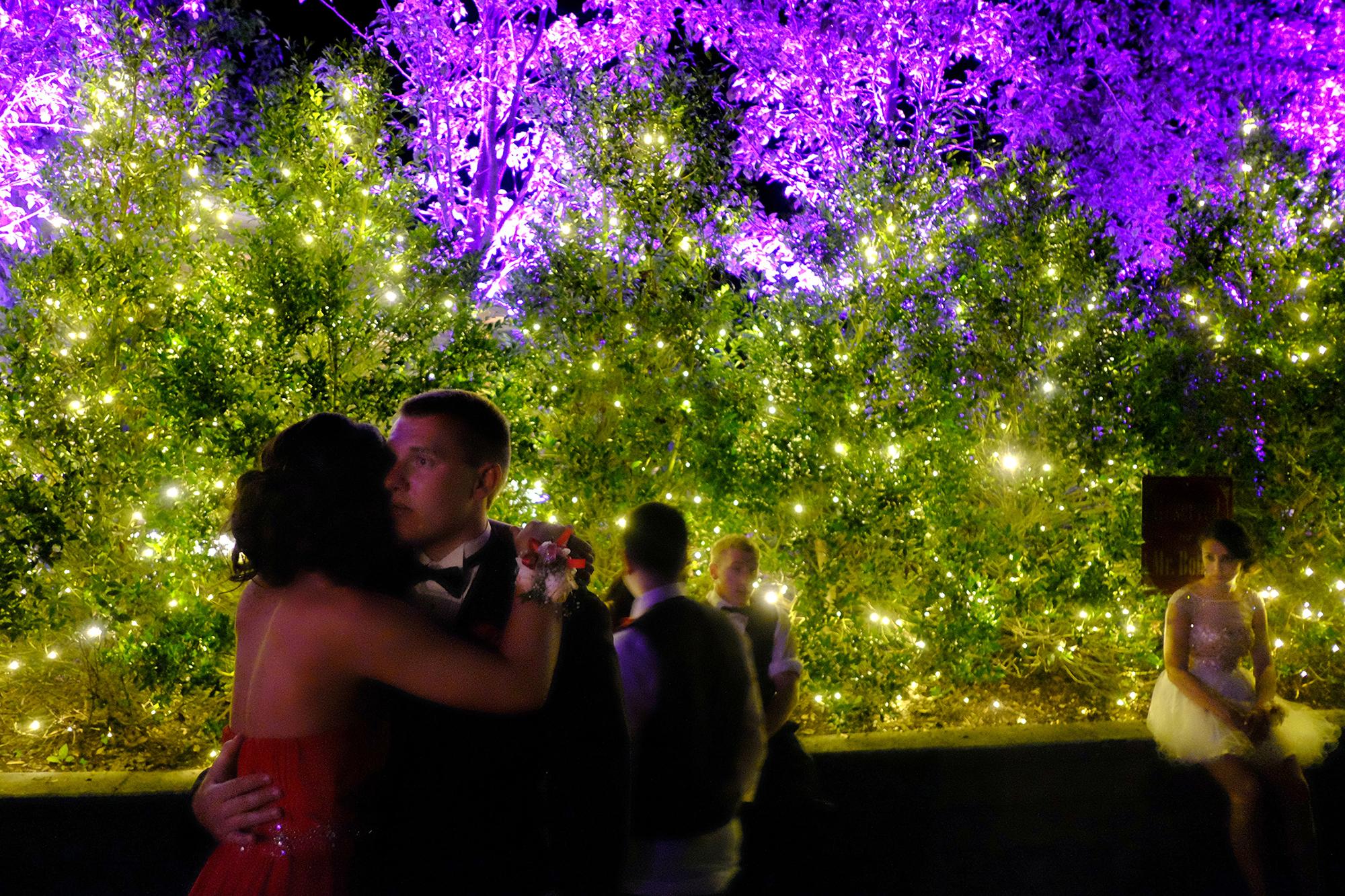
In 2004, you covered the Olympic Games in Athens. Have you ever been tempted to spend longer periods in Greece, documenting the social and political issues there?
I would love to because there are some very serious and important stories to be told there. Unfortunately, I don’t speak the language and I have a staff job here and we cover local and regional news in New Jersey so I would have to use my vacation to cover the stories there. Also, there are some very good Greek photojournalists who have been documenting what is happening there already. We just need to get more news organisations to purchase these stories and run them!
Your pictures taken on September 11, 2001 are now part of the permanent display at The National September 11 Memorial & Museum. How did that day affect you as a photographer and as a man?
Ok, where do I start! I don’t take things for granted like I use to. On that day I wasn’t supposed to work until 3pm and take a portrait of a teenager. My mother first awakened me at 8:22am and she wanted to talk about something rather trivial. I was up late the night prior so I was not that friendly and told her to call me back later in the day so I could go back to sleep. About half and hour later I got a phone call from my editor about a plane hitting the tower. I was living by the Jersey City waterfront and was able to get on the last ferry going into Manhattan. I documented the morning there and was able to get a ferry back by 1pm. I’m lucky to be alive because I was across the street when the North Tower fell and I suffered serious eye injuries from the dust and had a bad case of PTSD.
Six months later I was covering suicide bombings in the Mideast. These experiences have moved me to show compassion and empathy more in my work. I survived and have come to peace with that day and will never forget it, but I’m moving forward also. On the first anniversary, I called my mother at 8:22 and told her I loved her. On 9/11/2001 that could have been the last time I had talked to her. A more detailed account of my experience can be found at http://nyppa.org/aris-911.






